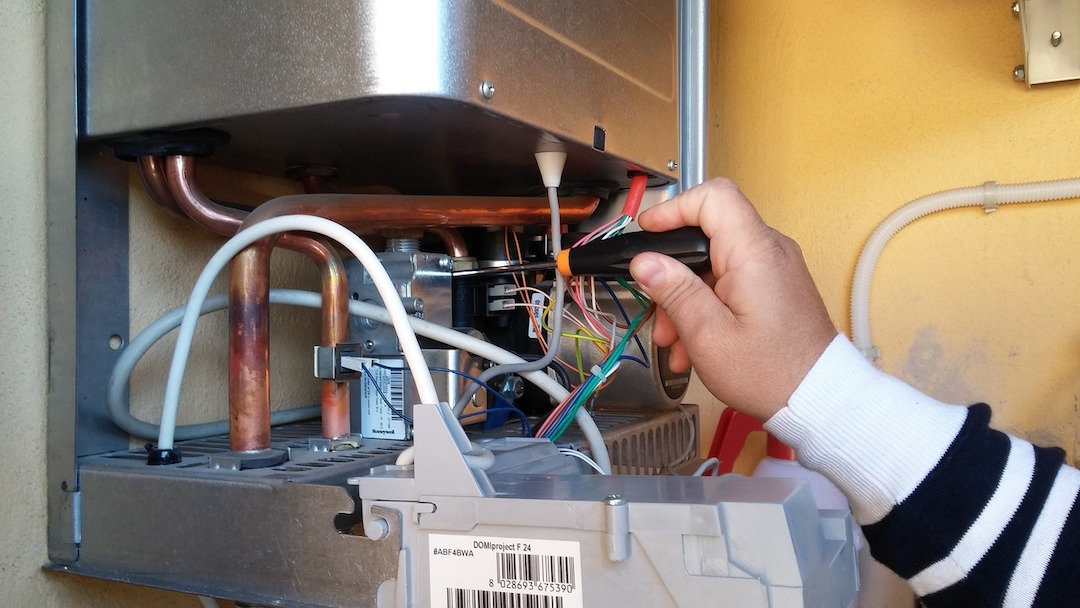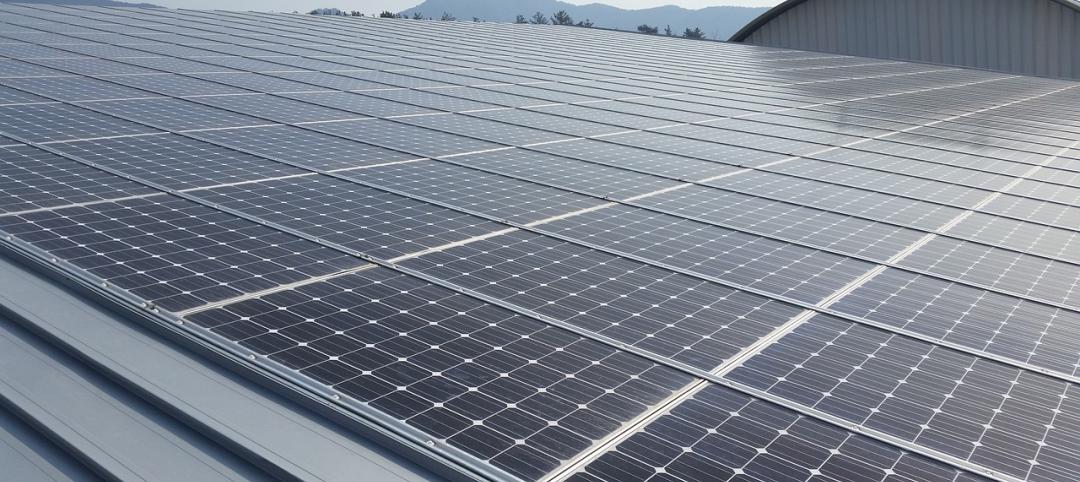Efficient electric hot water heating technologies significantly reduce the carbon emissions of multifamily buildings, according to a report by the American Council for an Energy-Efficient Economy (ACEEE) and New Buildings Institute (NBI).
In multifamily buildings with five or more units, water heating uses more energy than space heating, cooling, or lighting, the report says. Converting gas-fired water heaters to advanced technology—electric heat pump water heaters (HPWHs)—would cut greenhouse gas emissions from water heating by an average of 58%.
If HPWHs are powered entirely by clean sources, they cause zero emissions, making them a critical tool for decarbonizing the economy. Efficient electric water heaters carry a higher upfront cost over gas models, so policymakers would have to provide incentives to owners to make the conversion, the report says.
“Many utilities offer incentives for building or unit owners to install in-unit heat pump hot water heaters,” an ACEEE/NBI news release says. “Yet few programs are designed specifically for multifamily buildings, which offer unique challenges.”
Related Stories
Codes and Standards | Aug 31, 2020
Fenestration alliance updates fenestration sealants guide
First update to 2009 document.
Codes and Standards | Aug 25, 2020
Platform will allow researchers to test energy system integration at scale
The U.S. Department of Energy’s (DOE’s) National Renewable Energy Laboratory (NREL) recently launched the Advanced Research on Integrated Energy Systems (ARIES) platform.
Codes and Standards | Aug 20, 2020
Wariness of elevators may stymie office reopening
Workers could balk at returning to high-rises.
Codes and Standards | Aug 19, 2020
Existing laws may be restricting efforts to cut carbon emissions
Outdated policies favor fossil fuels.
Codes and Standards | Aug 18, 2020
Florida becomes the third state to adopt concrete repair code
Sets minimum requirements for design, construction, repair of concrete structural elements in buildings.
Codes and Standards | Aug 17, 2020
ASCE seeks comments on seismic standard
Pertains to design criteria for nuclear facilities.
Codes and Standards | Aug 13, 2020
COVID-19 reboot guide offers strategies for reopening K-12 schools
Looks at space considerations for reopening at different scales.
Codes and Standards | Aug 12, 2020
Document provides guidance for mass timber construction
Overview of Intl. Building Code requirements included.
Codes and Standards | Aug 11, 2020
Inefficient air conditioning is a key contributor to global warming
More efficient equipment and buildings could make a big difference.
Codes and Standards | Aug 10, 2020
Concrete Institute and Post-Tensioning Institutes expand partnership
Will collaborate on new structural post-tensioned concrete code requirements.

















